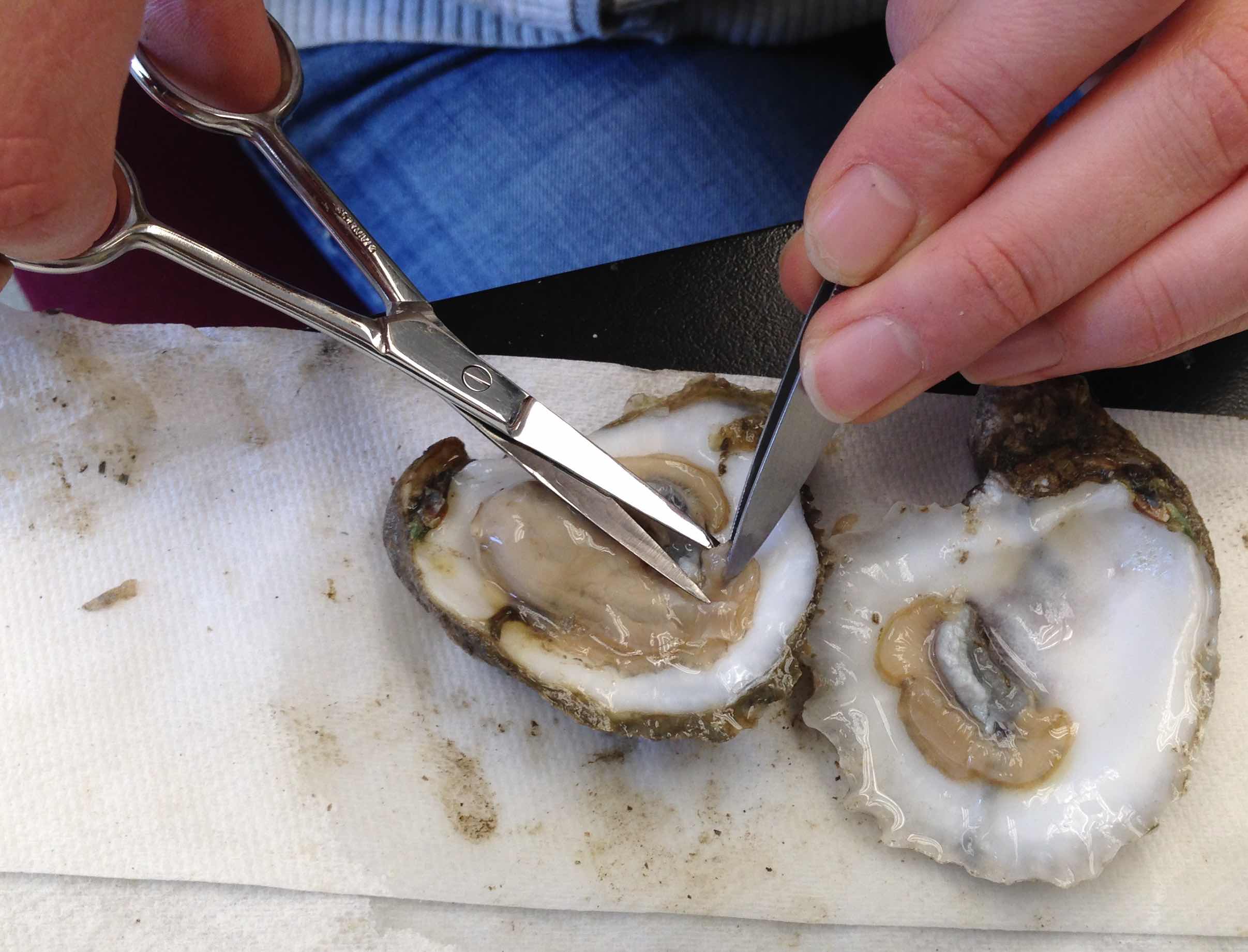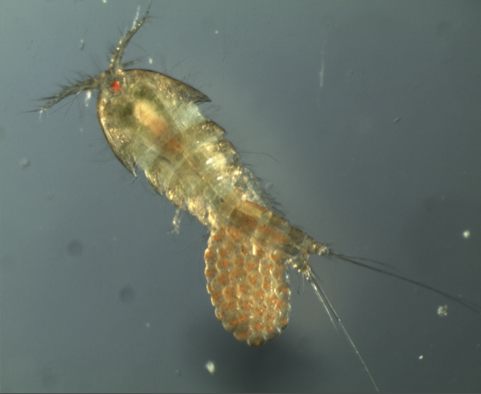Ecology, evolution, genetics, and conservation of marine invertebrates.

Testing for local adaptation in oysters
In recent years there have been large fluctuations in oyster recruitment and survival in coastal Louisiana, most likely driven by changes in local salinity regimes through management activities and climate change. Supportive breeding efforts are underway, but the success of these efforts will depend on the choice of parental stocks. If oysters are locally adapted to salinity, then some stocks will prove much better than others for efforts aimed at sites with differing conditions. Our research is providing important support to these restoration efforts, by identifying adaptive variation in salinity tolerance among stocks targeted for selective breeding.Local adaptation and conservation
 Local adaptation to biotic and abiotic gradients was once thought to be rare in the ocean due to a lack of barriers to gene flow for most species. However a growing number of studies has shown local adaptation in the sea to be surprisingly ubiquitous . Because we can substitute space for time, the study of local adaptation allows us to gain insight into evolutionary processes that would otherwise have taken millennia to observe. We are currently studying the genetic basis of adaptation to temperature in the tide pool copepod Tigriopus .
Local adaptation to biotic and abiotic gradients was once thought to be rare in the ocean due to a lack of barriers to gene flow for most species. However a growing number of studies has shown local adaptation in the sea to be surprisingly ubiquitous . Because we can substitute space for time, the study of local adaptation allows us to gain insight into evolutionary processes that would otherwise have taken millennia to observe. We are currently studying the genetic basis of adaptation to temperature in the tide pool copepod Tigriopus .
